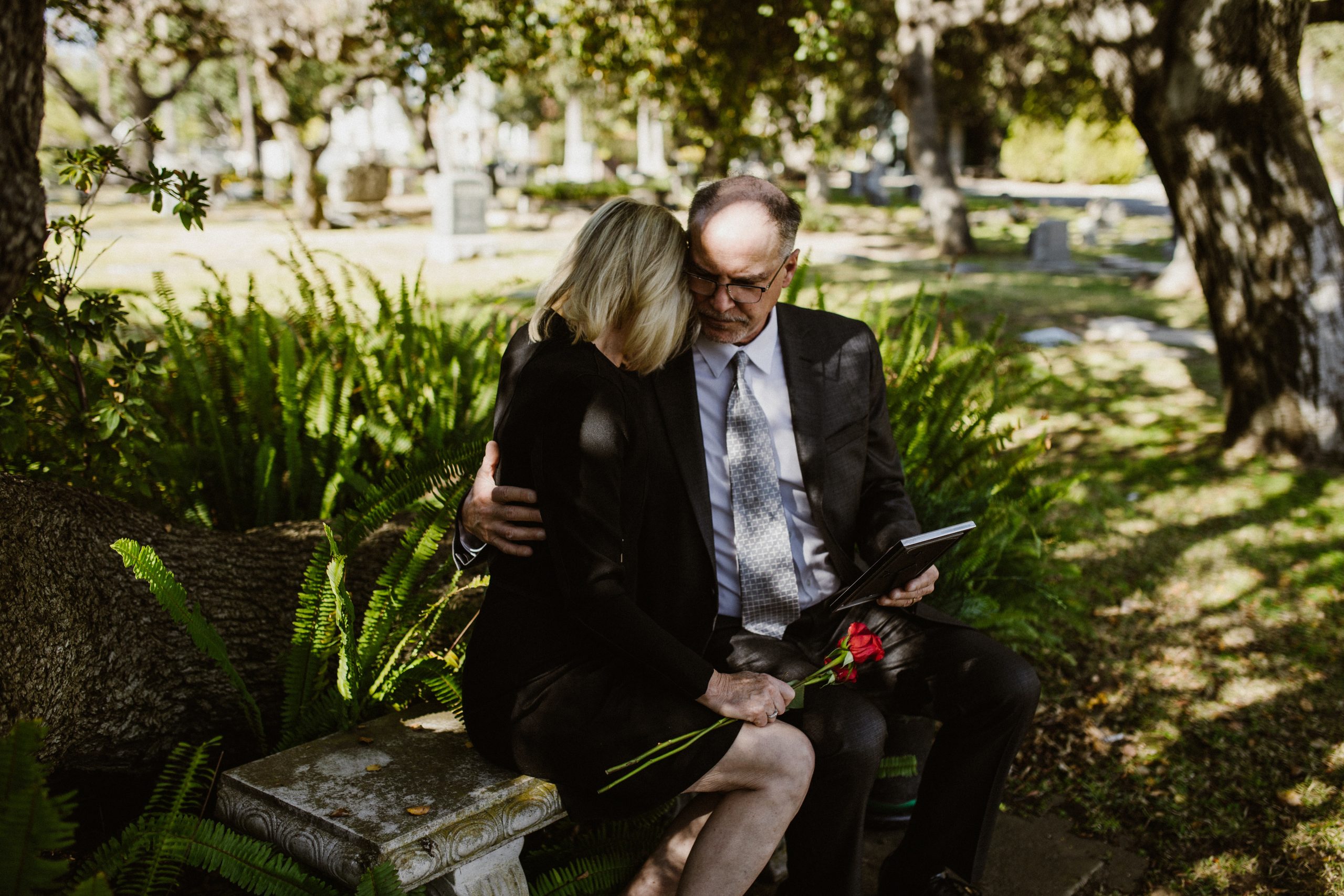Grief support groups are often recommended for people grieving recent or past losses. These groups offer compassionate spaces to share your feelings with other like-minded individuals. Every group dynamic is inherently unique. If you’re struggling with feeling lost or alone, group support can help.
Connect With Other Grieving People
Although grief is a universal experience, many people feel isolated and alone with their own emotions. Loneliness is one of the biggest detriments of grief, and disconnecting yourself from the outside world can aggravate the stress associated with the grieving process.
Grief support allows you to connect with other people who also feel scared or alone. Having community might not “fix” how you feel (and your feelings certainly don’t need to be fixed), but it can provide a sense of reassurance and safety.
Validate Your Experiences and Feelings
Grief can affect people in many different ways, but you might sometimes question the validity or intensity of certain feelings. In a support group, you will learn that you’re certainly not alone in your experiences.
Whether you lost a close family member, spouse, or dear friend, all feelings are real and deserve to be understood. Group members are there to help you reflect and feel supported regardless of what you’re currently undergoing.
Learn New Coping Strategies
Coping with grief isn’t about eliminating or changing how you feel. But many people find it hard to reconcile that life keeps moving despite their circumstances.
In a support group, people share experiences about how they’re dealing with loss. Ideally, these conversations can help you navigate your feelings without resorting to numbing, avoiding, or self-destructing.
Reduced Sense of Shame or Stigma
The feelings associated with complicated grief can be confusing and sometimes challenging to manage. Likewise, grief itself sometimes still carries a stigma. Many people think they’re supposed to “move on” after a certain period of time, or they worry about being a burden to friends or family members. They often worry that their emotions are “too big” or “too much,” so they try to suppress them.
Groups can help destigmatize the feelings associated with loss. Life is complex and nuanced, and there really is no “normal” way to process this time. Learning that it’s truly okay to feel can be profound for your healing experience.
Sense of Shared Hope
You might feel completely shattered after the death of a loved one. With that, the idea of moving on or even “feeling better” can feel impossible.
Hope through grief can come in small and unpredictable quantities. And when hope comes, it’s so important to hold onto it. In these groups, you will witness people undergo extraordinary transformations. You will see how they cope and heal despite their insurmountable losses. This alone can open the door for more meaning and optimism, which can carry you during this vulnerable time.
Sense of Community and Kinship
Even though everyone in a grief group is looking for support with bereavement, you will find that not every interaction revolves around death or loss. You may catch yourself talking about work or the weather or what’s happening with your children.
People often make meaningful friendships within their grief groups. You build a foundation of connecting on shared experiences, and that safety can segue into a trusting, nurturing dynamic.
This applies whether you attend groups in person or online. Having such friendships can be vital because you’ll be surrounded by people who truly understand what you’re going through.
Improved Mental Health
Grief is a normal process, and there’s nothing wrong or concerning about feeling anxious or upset during this time. But some people feel like they’re drowning. They feel hopeless or stuck in their lives and don’t see a way out.
Likewise, if you have preexisting anxiety, depression, or other mental health issues, grief can exacerbate your symptoms. You may find it difficult to cope with everyday tasks, and your thoughts may become dark, intrusive, and difficult to handle.
Groups, along with other forms of grief support, can help a sense of relief and guidance. Mental health often ebbs and flows throughout the grief process, but it’s important to practice self-care (and being around other people can be a vital form of self-care!).
Grief Support and Grief Therapy in Texas
No matter the story behind your loss, coping with grief can be challenging and scary. At times, your emotions may even seem debilitating.
You are not alone with your anxiety, anger, or sadness. Therapy offers a safe place to explore your deepest emotions and heal from your loss. Many people find that having individual support can be a wonderful supplement to attending loss or bereavement groups.
No matter what you’re currently experiencing, I am here to help you during this time. I welcome you to contact me today to schedule an initial consultation.

